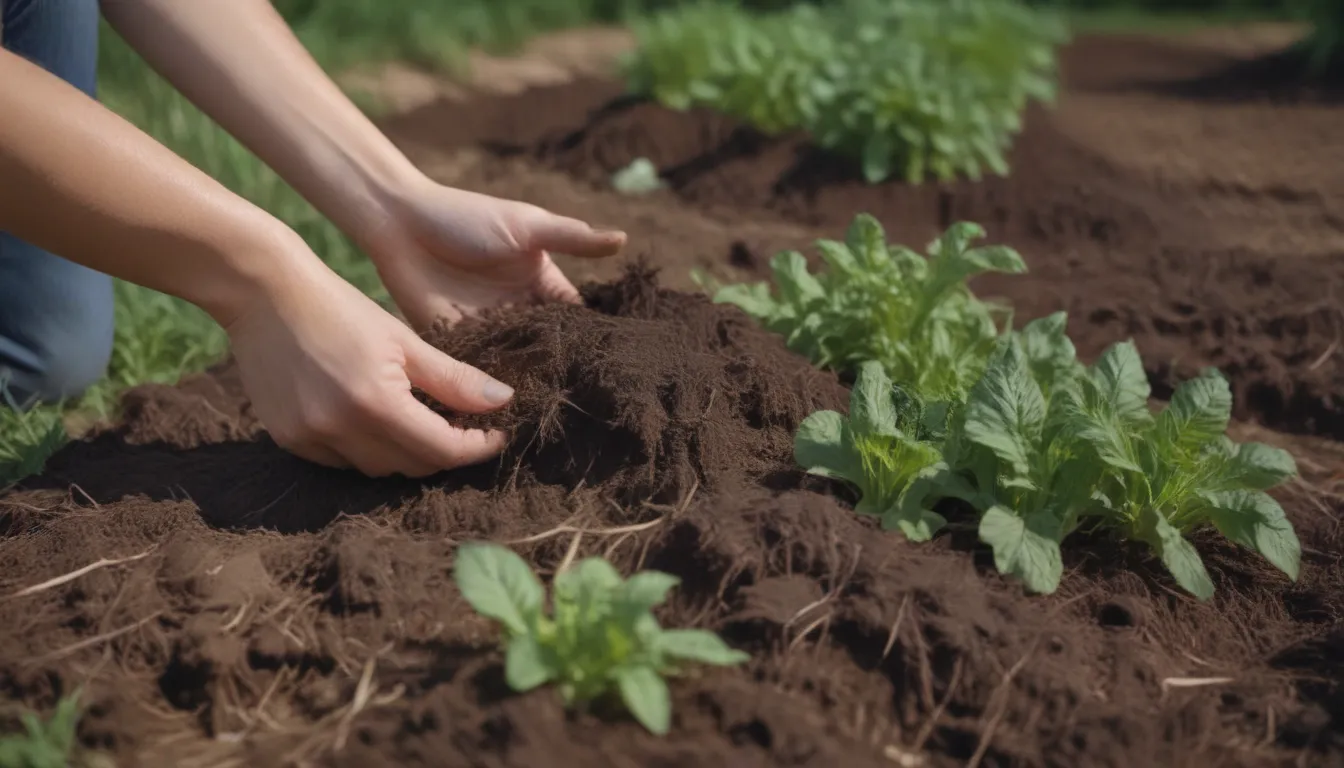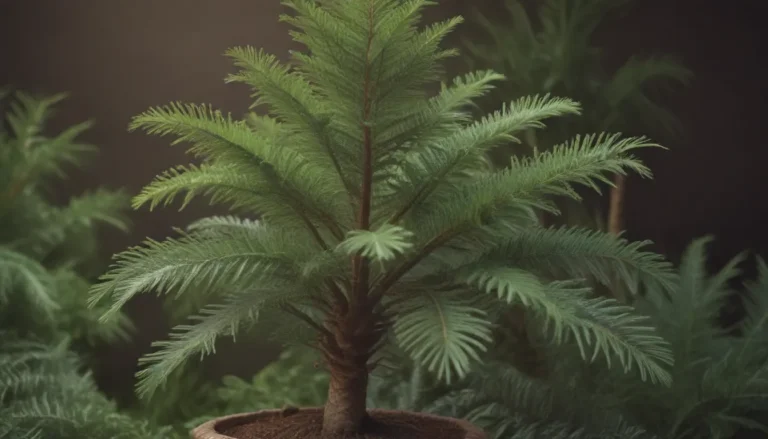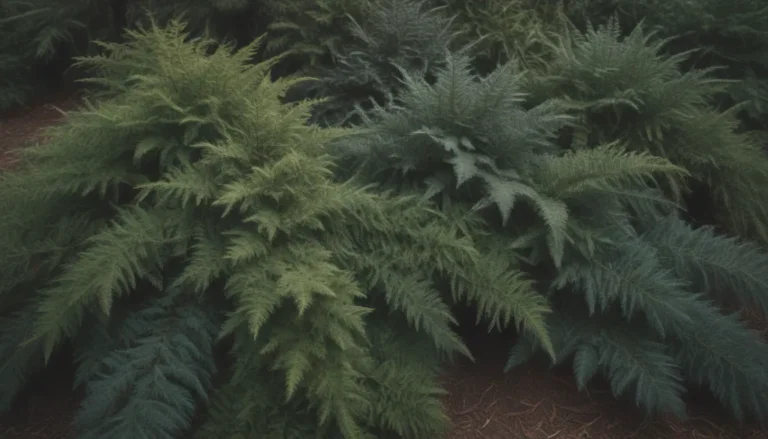The Ultimate Guide to Mulching Your Vegetable Garden

Mulching is a crucial aspect of maintaining a healthy and thriving vegetable garden, yet it is often overlooked by many gardeners. In addition to reducing weed growth, mulch offers a myriad of benefits such as conserving soil moisture, preventing runoff, and even warding off certain plant diseases. By choosing the right type of mulch for your vegetable garden, you can enhance soil structure, drainage, and overall health of your plants. In this comprehensive guide, we will explore the various mulch options available to you and how to utilize them effectively in your garden.
Why Mulch Matters for Your Vegetable Garden
Before diving into the best mulch options for your vegetable garden, let’s take a closer look at why mulching is so important:
- Weed Control: Mulch acts as a barrier, preventing weeds from taking root and competing with your vegetables for nutrients and water.
- Soil Moisture Conservation: Mulch helps retain moisture in the soil, reducing the need for frequent watering.
- Preventing Soil Erosion: By slowing down the penetration of rainwater into the soil, mulch helps prevent runoff and soil erosion.
- Disease Prevention: Mulch can help prevent soil-borne diseases from splashing onto your plants, keeping them healthy and disease-free.
Choosing the Right Mulch for Your Vegetable Garden
When it comes to selecting mulch for your vegetable garden, there are several options to consider. Each type of mulch offers unique benefits and is suitable for different plants and growing conditions. Here are some of the best mulch options for your vegetable garden:
Organic Mulches
Organic mulches are derived from natural materials and break down over time, enriching the soil with nutrients. They are ideal for vegetable gardens as they improve soil quality and promote healthy plant growth. Some popular organic mulches include:
- Woody Mulch: Made from shredded hardwood or softwood, woody mulch is perfect for perennial crops and walkways between garden beds.
- Pine Needles: Lightweight and porous, pine needles are ideal for acid-loving crops like blueberries.
- Unprinted Cardboard: Secure unprinted cardboard around large plants like tomatoes to suppress weeds and retain soil moisture.
- Straw: Use straw mulch for strawberries, squash, cucumbers, and melons to keep the fruits off the ground and prevent weeds.
Synthetic Mulches
Synthetic mulches are often used for specific purposes or in commercial agriculture. While they may be less environmentally friendly, they can be effective in certain situations. Some common synthetic mulches include:
- Landscape Fabric: Professional-grade landscape fabric is durable and allows air and water to penetrate while retaining soil moisture.
- Agricultural Plastic: UV-treated plastic is commonly used for weed control, but be cautious of heat buildup and potential harm to beneficial organisms in the soil.
Tips for Using Mulch in Your Vegetable Garden
- Match Mulch to the Season: Use synthetic mulch to warm up the soil in early spring and natural mulch to keep it cool in the summer.
- Know the Origin: Always ensure that your organic mulch is free from weed seeds and harmful chemicals.
- Avoid Certain Types of Mulch: Fresh grass clippings, sawdust, and non-shredded leaves can deplete nitrogen from your plants and should be avoided as mulch.
Maintaining Your Mulch
Proper mulch maintenance is essential for maximizing its benefits in your vegetable garden. Here are some tips for maintaining your mulch:
- Monitor Soil Temperature: Different types of mulch can affect soil temperature, so choose accordingly based on the season and your crops.
- Regularly Check for Weeds: Keep an eye out for weeds that may poke through the mulch and remove them promptly.
- Replace Mulch Annually: Over time, mulch breaks down and loses its effectiveness, so plan to replace it annually for optimal results.
Final Thoughts
Mulching is a simple yet effective way to improve the health and productivity of your vegetable garden. By choosing the right mulch for your plants and maintaining it properly, you can create an environment that fosters healthy growth and bountiful harvests. Experiment with different mulch options to see which works best for your specific garden needs, and enjoy the benefits of a thriving vegetable garden all season long. Happy gardening!





